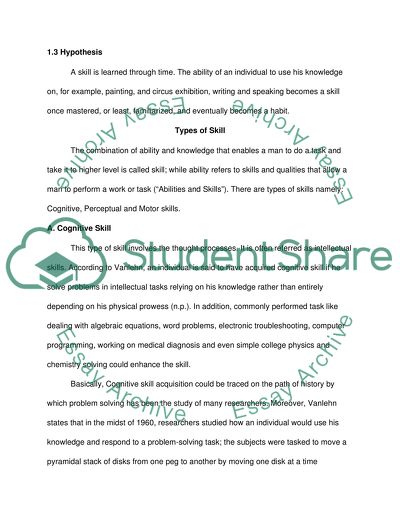Cite this document
(“Decision Making paper research Term Example | Topics and Well Written Essays - 2500 words”, n.d.)
Retrieved from https://studentshare.org/environmental-studies/1417661-decision-making-paper-research
Retrieved from https://studentshare.org/environmental-studies/1417661-decision-making-paper-research
(Decision Making Paper Research Term Example | Topics and Well Written Essays - 2500 Words)
https://studentshare.org/environmental-studies/1417661-decision-making-paper-research.
https://studentshare.org/environmental-studies/1417661-decision-making-paper-research.
“Decision Making Paper Research Term Example | Topics and Well Written Essays - 2500 Words”, n.d. https://studentshare.org/environmental-studies/1417661-decision-making-paper-research.


